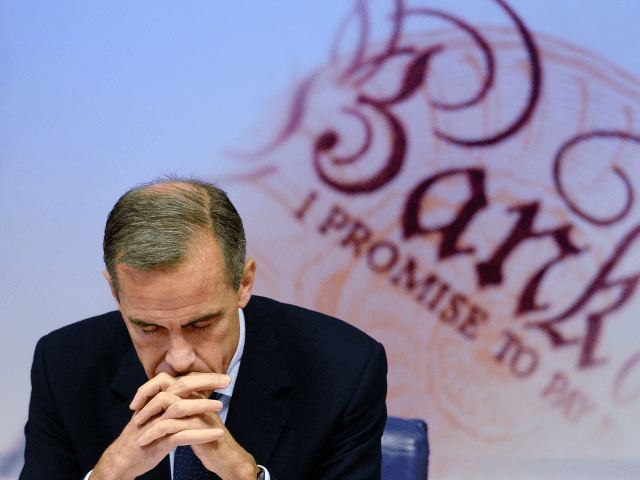LONDON (AP) — Consumer price inflation in Britain unexpectedly held steady in July at an annual rate of 2.6 percent, official figures showed Tuesday, in a development that may ease pressure on the Bank of England to raise interest rates at a time when the economy has slowed amid uncertainty over the country’s exit from the European Union.
The reading from the Office for National Statistics was short of economists’ expectations for 2.7 percent, largely because lower fuel costs helped offset a wide array of price increases. The news saw the pound fall as traders priced in a lower likelihood of any imminent increase in rates. By midday in London, it was down 0.6 percent at $1.2883, while the euro rose 0.3 percent to 0.9114 pound.
Homeowners on flexible mortgages and consumers with increasing debt have been on guard for a possible rise in interest rates as inflation has risen above the Bank of England’s target of 2 percent. A minority of rate-setters at the bank have in the past few months voted in favor of raising the benchmark interest rate from the record low of 0.25 percent to keep a lid on price increases. Higher rates could be an unappetizing prospect for an economy that’s slowed down this year and has to steer the choppy Brexit waters ahead.
Inflation in Britain has risen sharply over the past year since the country voted to leave the EU, a decision that caused a fall in the pound of about 15 percent and pushed up prices for imports like oil and food. Inflation, which hit 2.9 percent in May, was barely positive when Britons cast their votes in the June 2016 referendum.
The rise in inflation has hurt living standards as price increases outstrip annual wage rises, which are running at below 2 percent. The worry is that consumers will either respond by further reining in spending or opt instead to pile up on credit, leaving them more vulnerable in the event interest rates rise or if unemployment increases due to Brexit.
“While inflation has plateaued in recent months, current levels are nonetheless placing significant pressure on consumers,” said Jack Coy, economist at the Centre for Economics and Business Research.
The fact that inflation is not rising further could prompt some cheer both among policymakers at the central bank and consumers.
Among rate-setters, it could strengthen the hand of those urging to not raise interest rates. Earlier this month, the bank’s rate-setting panel voted 6-2 in favor of keeping borrowing rates unchanged.
And if the inflation spike has run its course, that would potentially be good news for consumers, especially if wage increases remain modest.
One bit of bad news for consumers was the confirmation that regulated rail fares, such as annual season tickets, will rise by up to 3.6 percent next year.
“The huge hike in fares confirmed today is another kick in the teeth for passengers who already fork out colossal sums to travel on rammed out, unreliable trains while the private operators are laughing all the way to the bank,” said Rail, Maritime and Transport union leader Mick Cash.

COMMENTS
Please let us know if you're having issues with commenting.